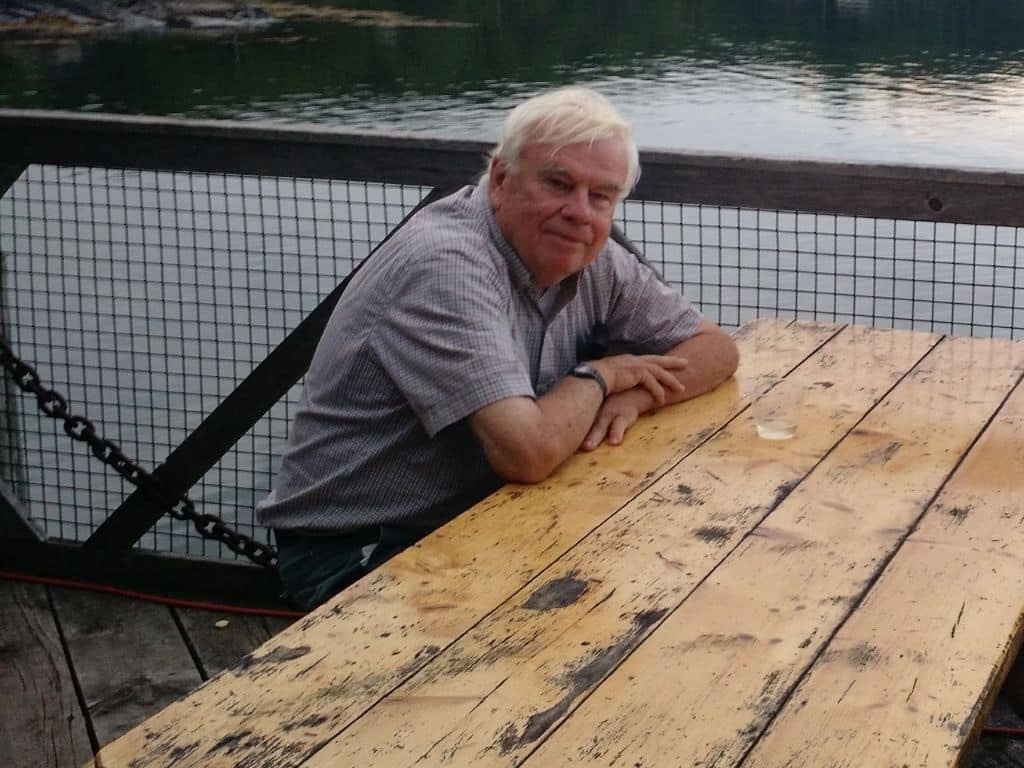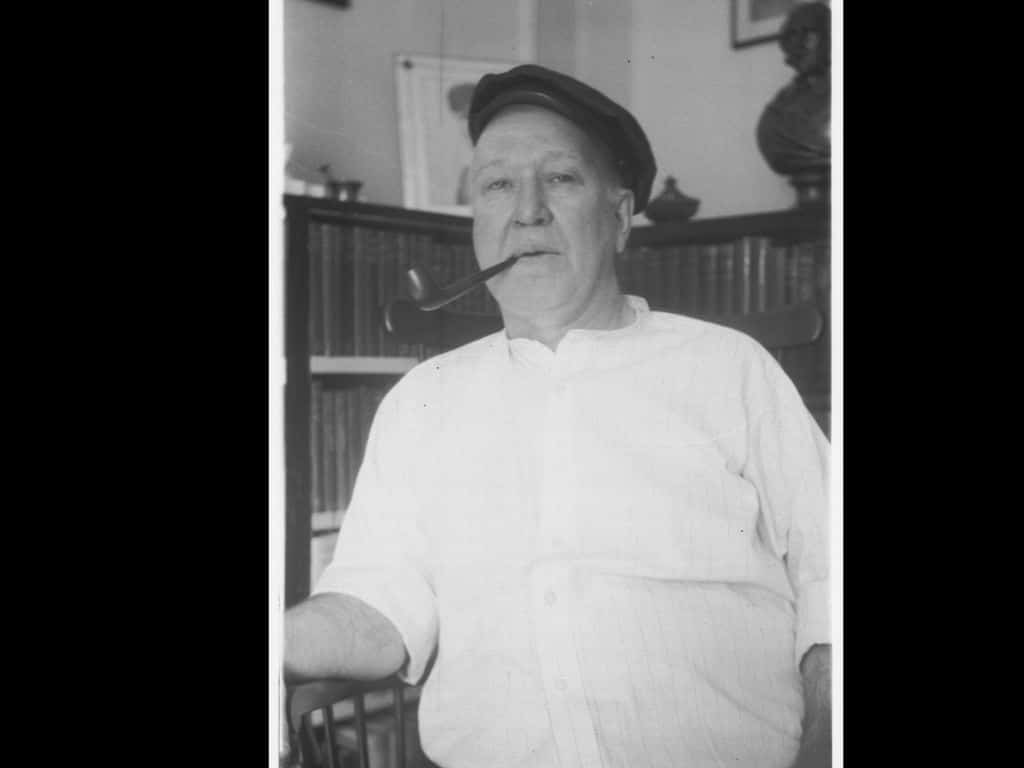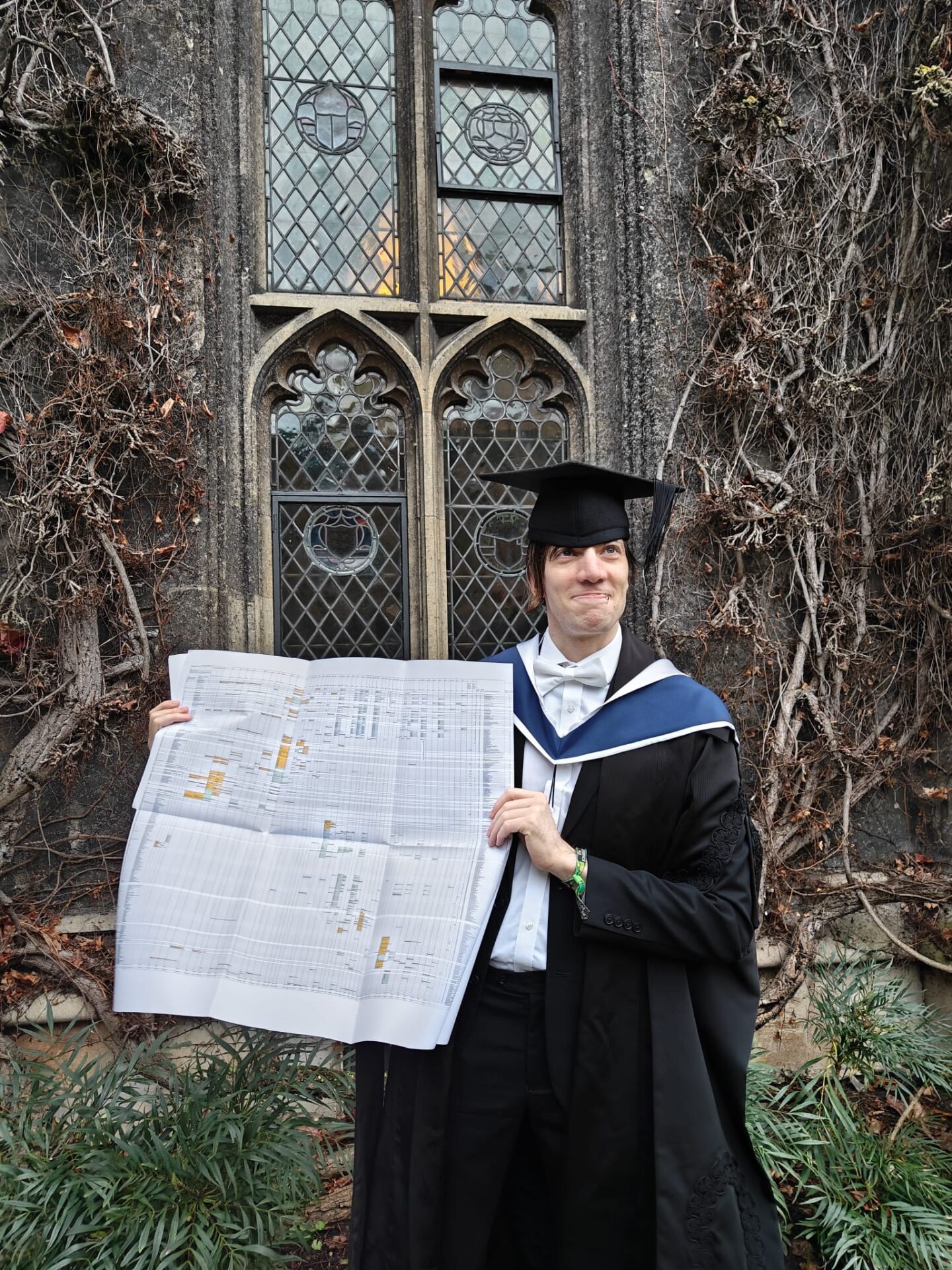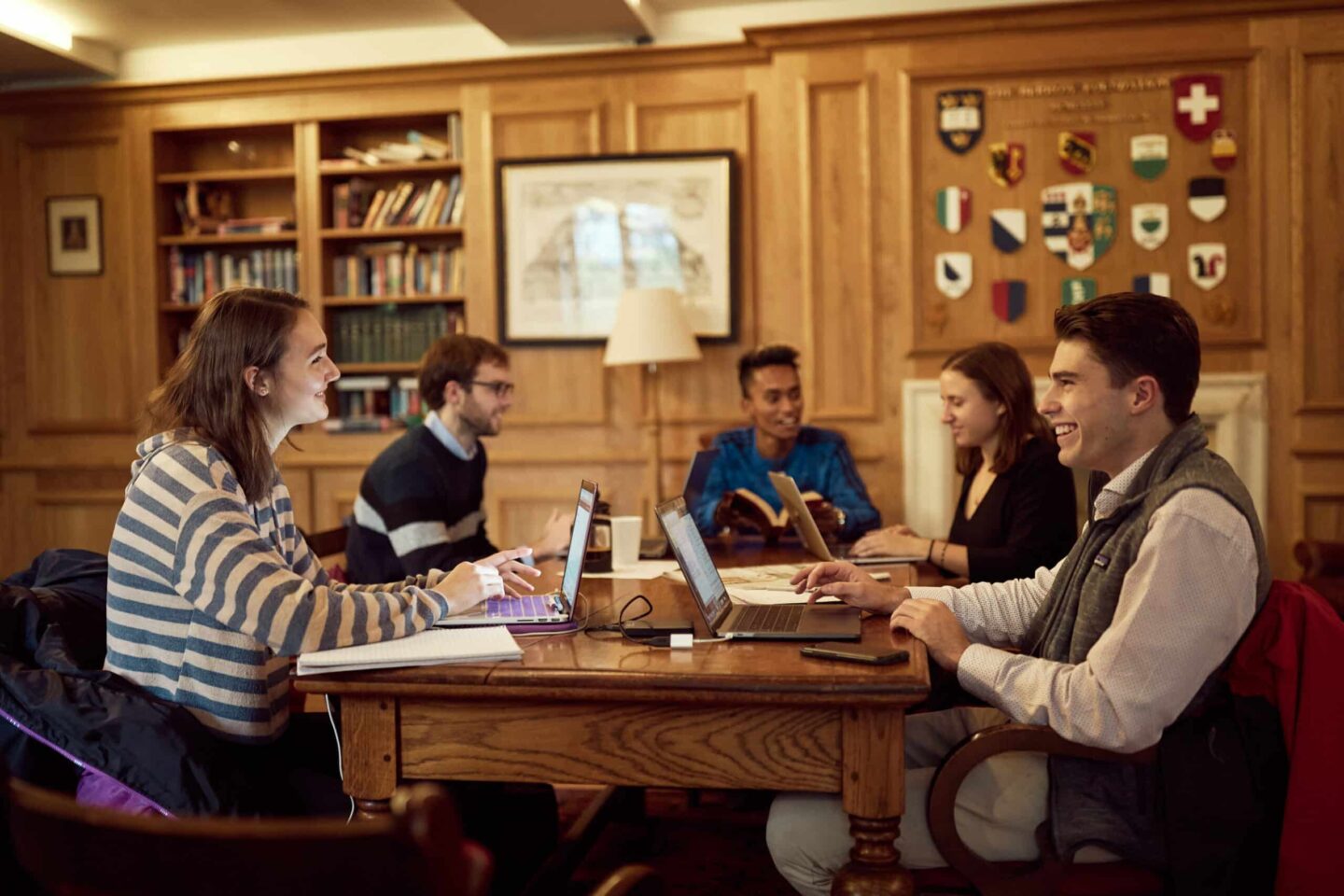
Stephen Dyson

Charles B Gildersleeve
We are deeply grateful to the Dyson Family for their generous establishment of The Charles B Gildersleeve Travel Award, named in honour of Professor Stephen Dyson's (1959) maternal grandfather, Charles B Gildersleeve, who played a pivotal role in his intellectual development. Steve obtained his DiP in Archaeology from Lincoln.
Both undergraduate or graduate students are eligible to apply for this annual travel award which will enhance Lincoln’s capacity to facilitate transformative international experiences through conference attendance, research travel, or volunteer and internship opportunities abroad. It will empower students in their academic and professional pursuits.
Preference will be given to students from socio-economically disadvantaged backgrounds, ensuring that those who face financial barriers have the chance to benefit. However, if no such candidate qualifies, the award will be granted to another deserving student undertaking relevant international activities.
About Charles B Gildersleeve
Steve said, "My maternal grandfather may seem an unexpected choice as the 'sponsor' of a Lincoln traveling fellowship. His education ended before high school as he learned his trade as a power plant engineer as an apprentice first on steamboats and then in factory settings. He was a 'home body' never happier than sitting in his rocking chair in the evening reading and watching the procession of stars, which he traced from the Farmer's Almanac. Yet his reading took him on 'Journeys of the Mind' and those journeys included many trips to England via the writings of Shakespeare, Dickens and other English classics. By chance his first job after leaving school was in a book store, where he was exposed to those classics and to a world of reading rare for a person of his background.
He was proud to be an American and appreciated the American intellectual and cultural achievement. He was born not long after the American Civil War. Members of his family served in the Union Army and two uncles died in the war. He read widely and deeply on the war. I have his library, which is filled with classics of Civil War history. It also contains British classics and classics of the American literary Renaissance, writers like Ralph Waldo Emerson, who shaped the 'American Mind' in the nineteenth century. He was my guide and mentor during the years of World War II, while my father was away on war service. He admired Churchill, although from an 'American perspective'. He lived long enough to hear something of my own Oxford experiences. He would have been most happy and proud to see new generations of youth have that 'learning experience'."

